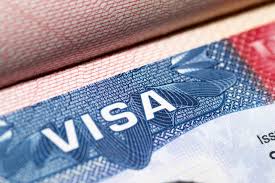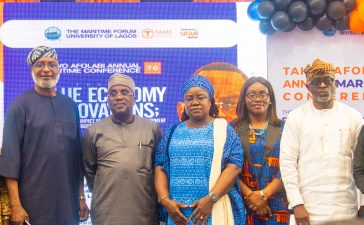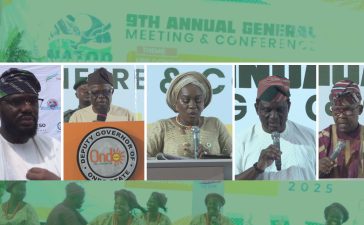A comprehensive white paper authored by The Hague & Partners Convention Bureau and Ottawa Tourism highlights the accelerating integration of Artificial Intelligence (AI) in the global association conference and event sector. It underscores the urgent need for widespread upskilling in the use of the technology as well as a need to understand the ethical implications of its use.
The research, which investigates the current and potential impact of AI within the sector, is based on qualitative and quantitative methods, including a global survey with over 100* participants from the industry.
Key Findings:
- 63% of associations and not-for-profits are already utilising AI in event organisation.
- A significant knowledge gap exists, with 72% not engaging in AI education
- 85% have no budget for AI training.
“The inevitability of AI in our sector is clear from our research. However, it’s not just about adoption; it’s about understanding and skilfully leveraging AI to enhance our industry,” said Ottawa Tourism’s Vice President, Meeting and Major Events, Lesley Pincombe. “This upskilling is not just desirable; it’s essential for the sustainable growth and innovation in our sector. The research also highlighted the fact that there shouldn’t be fear associated with AI and the knowledge needed for its use. Ultimately, it is not for organisers to understand how to build or create AI tools, instead they should be working with technology partners and AI experts to see how AI can be integrated into the work they are already undertaking.”
The white paper not only presents a statistical overview of AI in the association events sector, but also offers in-depth analysis and actionable insights. It emphasises the importance of ethical AI use, especially in data management and privacy. The document serves as a call for industry stakeholders to not only engage in learning and applying AI in their operations but to understand the ethics behind its use and the implications for mismanagement of data and individual privacy.
“AI is rapidly becoming a key technology across so many different industries, ours is no different,” adds Bas Schot, Head of The Hague & Partners Convention Bureau. “Our industry must adapt swiftly to stay ahead, and this means investing in knowledge and skills that align with these technological advancements. However, we must be careful to protect our delegates and ourselves as we make the most of what AI has to offer – we already need to consider both the pros and the cons before we entrust vital information and data to third parties – AI usage is no different.”
In December, initial highlights from the research were revealed, including the fact that 63% of global association buyers are either very concerned or slightly concerned about the ethical implications of using AI in event organising. In response, although 63% think governments should legislate on the use of AI, 65% also think those same governments lack the required knowledge to be able to legislate effectively.
Ottawa Tourism and The Hague & Partners Convention Bureau advocate a proactive approach to AI education in the association event sector, emphasising the need for strategic partnerships, knowledge sharing, and resource allocation towards AI competency.
The full white paper is attached but also available for download below, offering valuable insights for association event organisers, technology providers, educators, and policy makers in the global events industry.
The research was conducted, and the white paper written by Adam Baggs from Soaring Worldwide on behalf of The Hague Convention Bureau and Ottawa Tourism.
https://ottawatourism.ca/sites/default/files/media/documents/2023-Whitepaper-AI.pdf
or https://thehague.com/conventionbureau/en/whitepaper-shows-concern-ethics-event-organisers-using-ai
The Hague Convention Bureau and Ottawa Tourism surveyed 109 event professionals in October 2023. During the survey they were asked what type of organisation they worked for; these were combined into two groups as follows:
- Association, charity/not for profit, government/public sector and agencies focused on these sectors. Total – 91 respondents – described as associations/not for profits above
- Corporate company 500 or more employees, corporate company less that 500 employees, agencies focused on the corporate sector. Total – 14 respondents – described as corporates above
- The remaining 4 responses were excluded as industry suppliers
61% of the respondents were from Europe (including UK), 31% from North America and the remaining 8% from the rest of the world.






